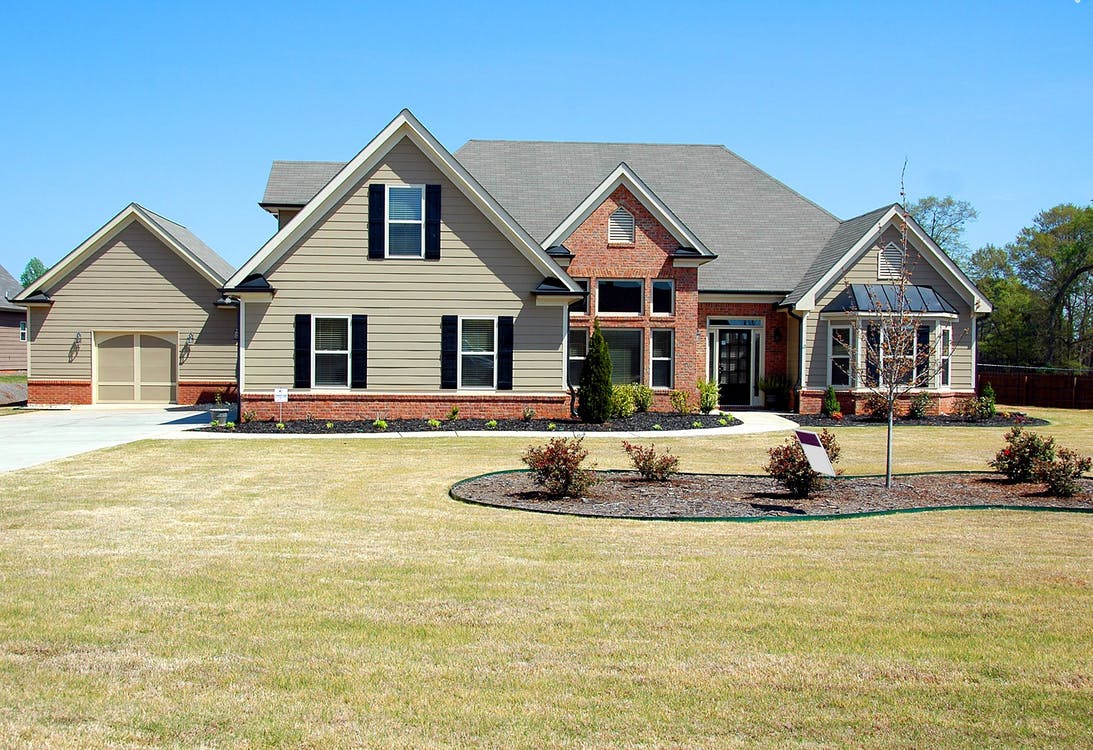After searching high and low in the market and saving your money for the deposit on the home of your dreams, there are still a few questions you might need to ask yourself before making one of the biggest decisions of your life. Although you might be very eager to get the deal done and have those precious keys in your pocket, it can prove very important that you get the contract of sale checked thoroughly by a solicitor or a conveyancer so you don’t get any nasty surprises down the line. In the long run, this could save you a lot of money and help you avoid unwanted headaches. The last thing you need is your dream home turning into a nightmare.
What Is A Contract Of Sale?
The Contract of Sale is a legally binding document that shows the agreement between the seller and buyer of the property. This is prepared by a solicitor or the real estate agent. You can contact Richard Morrison Vancouver Homes for advice. The document will include the terms and conditions of the sale of the property. It will have the vendor’s name and contact details, what is the exact address of the property and the plan number. It will contain details on the chattels and fittings that may or may not be included with the property. It will have the total price of the property and how much the deposit will cost and settlement details. It will also provide details whether or not the property is vacant at the time of purchase or subject to lease. A contract of sale will show building inspections that have been carried out on the property.
What Exactly Am I Purchasing?
Sometimes when buying property, what you might think is included is not always the case. This can be very upsetting, however when you get the Contract of Sale you will get a copy of the registered plan. The first thing that you need to do is check that the property title is the same address of the property that you wanted to buy. If you are worried something might be missing on the plan it might be a good idea to employ a surveyor to inspect and prepare a plan independently.
It is important that you check for registered and unregistered easements on the plan. Just because you own the property doesn’t mean that you have sole dominion over all the land if the property is subject to easement. For example, there could be sewers or drains under the property that may need to be accessed for maintenance purposes. You might not be able to extend your property because of them. Another example is a driveway that you assumed was yours, but turns out to be shared with a neighbor.
Often people assume that the furniture and appliances inside the building are included, only to find out when they open the door that it has gone. Fridges, freezers, TVs and other appliances might cost a lot of money and can prove especially frustrating after you assumed they were part of your original purchase. You are able to request that these items are part of your contract. Once you understand exactly what comes with the purchase and what doesn’t, you can factor this into your offer on the property.
What Is The Total Price Of The Deposit?
In most countries the deposit is no more than 10 percent of the total cost of the property. You can seek guidance from a financial advisor on the best method of payement. You might prefer to pay by a bank transaction or pay by cheque.
Find Out If There Are Any Special Conditions
Sometimes there might be ‘Special Conditions’ included in the contract. These conditions can prove very important. For example, there might be a penalty for the delay in settlement.
You are also allowed to enter your own special conditions. For example, if you need to wait for the sale of your home to go through. Another thing you might want to include is that the purchase of the property is subject to pest inspection.
What Is The Final Settlement Date?
The contract will have a proposed settlement date included. In most contracts it is normally 30, 60 or 90 days before the final settlement. If you need to move in at a certain date because you are waiting on your house to be sold or you lease agreement to be finished in the current house you might live in, you will need to negotiate this with the sellers.

